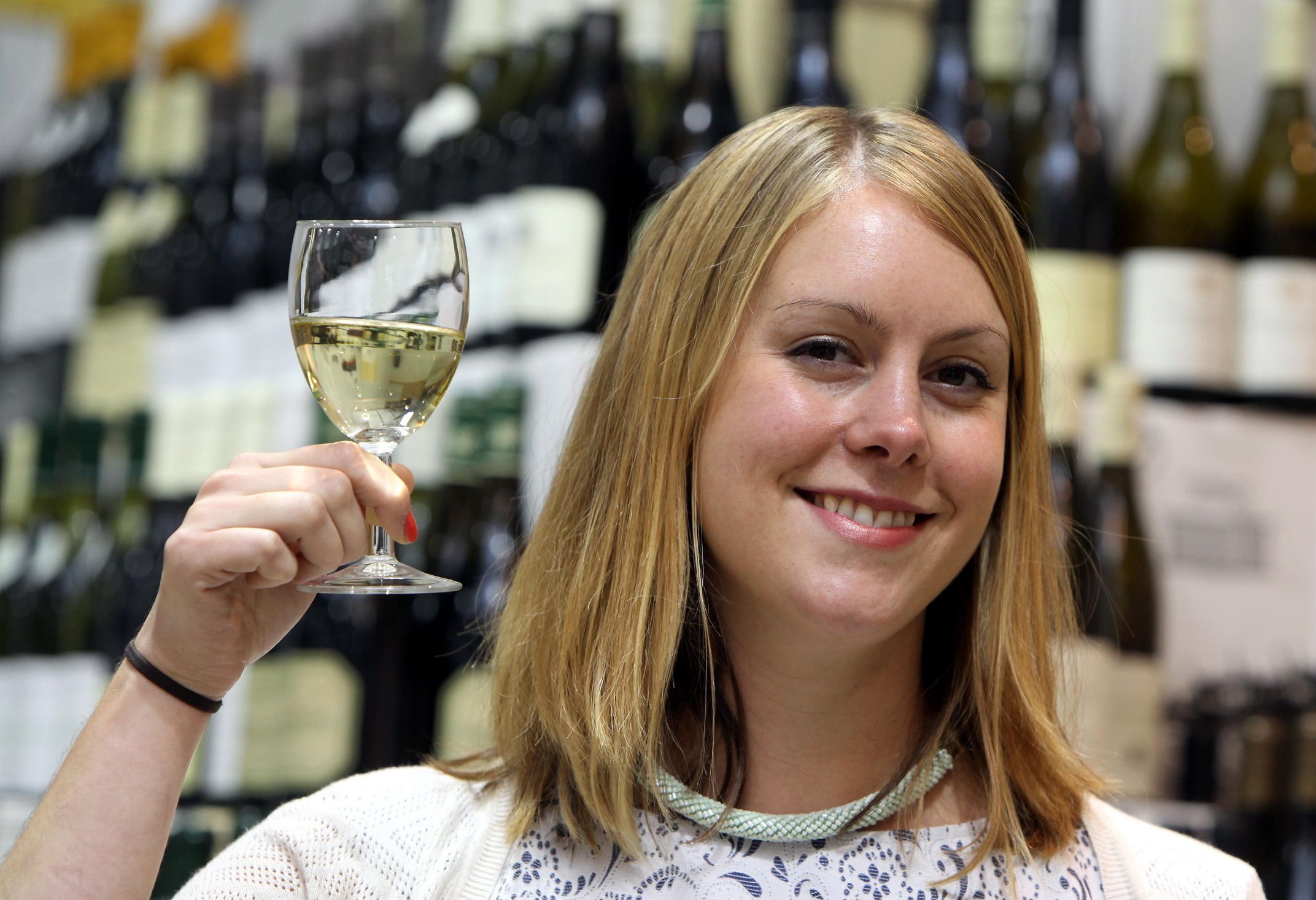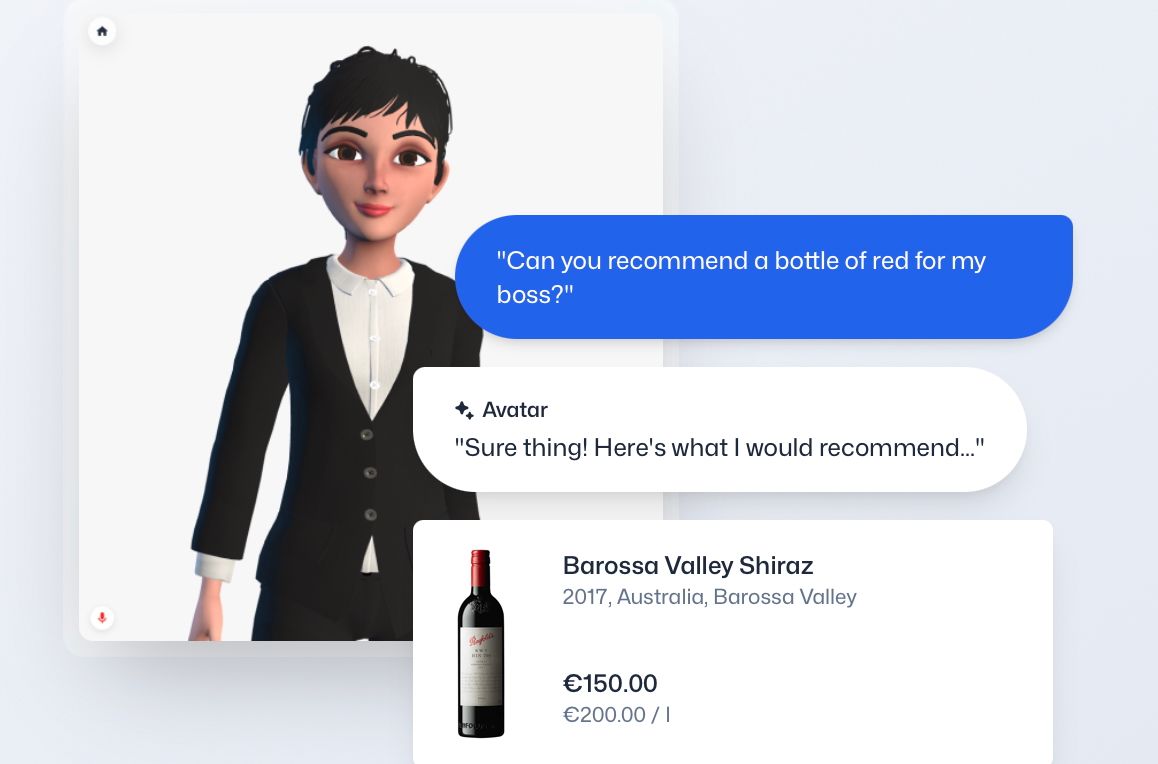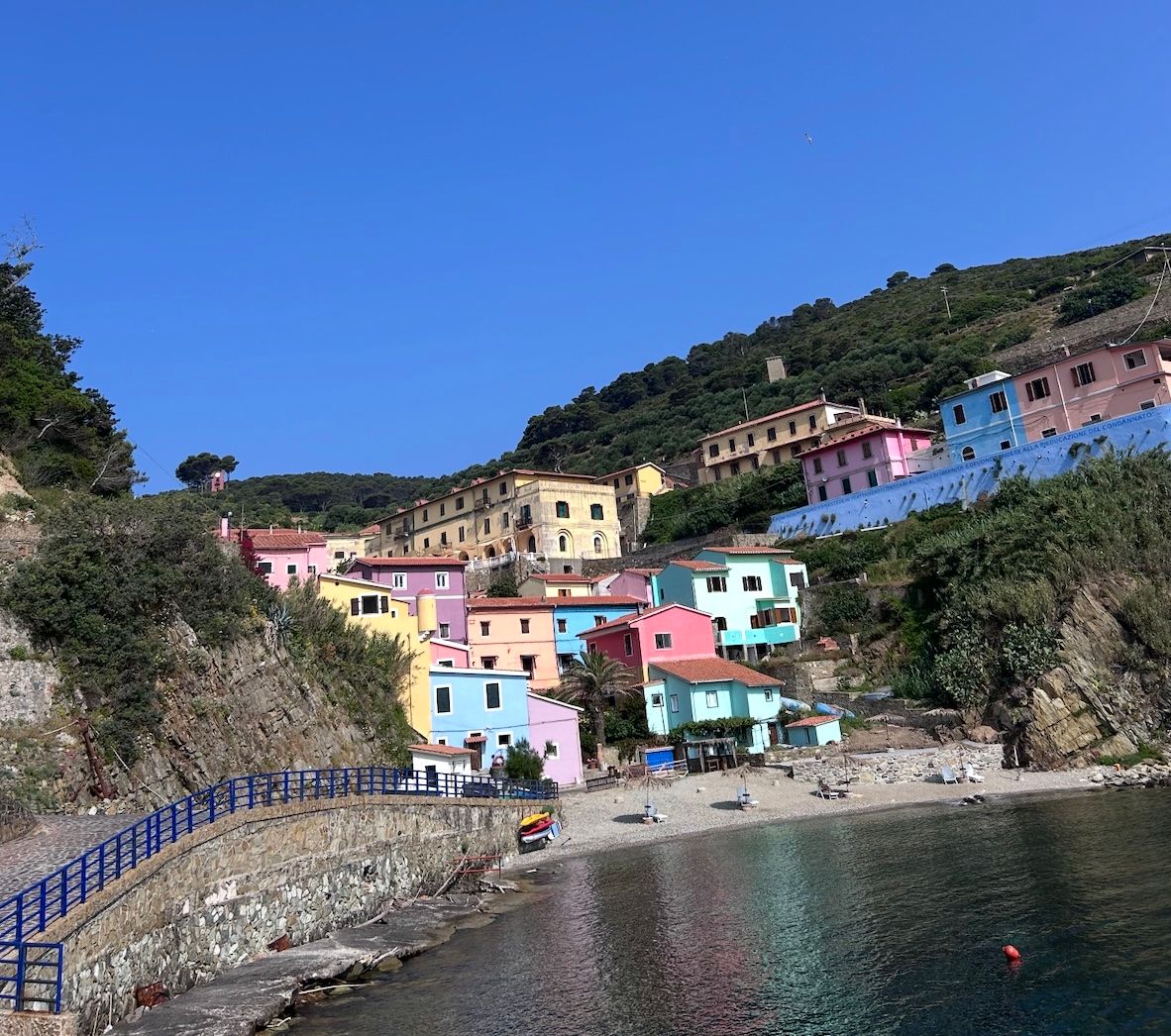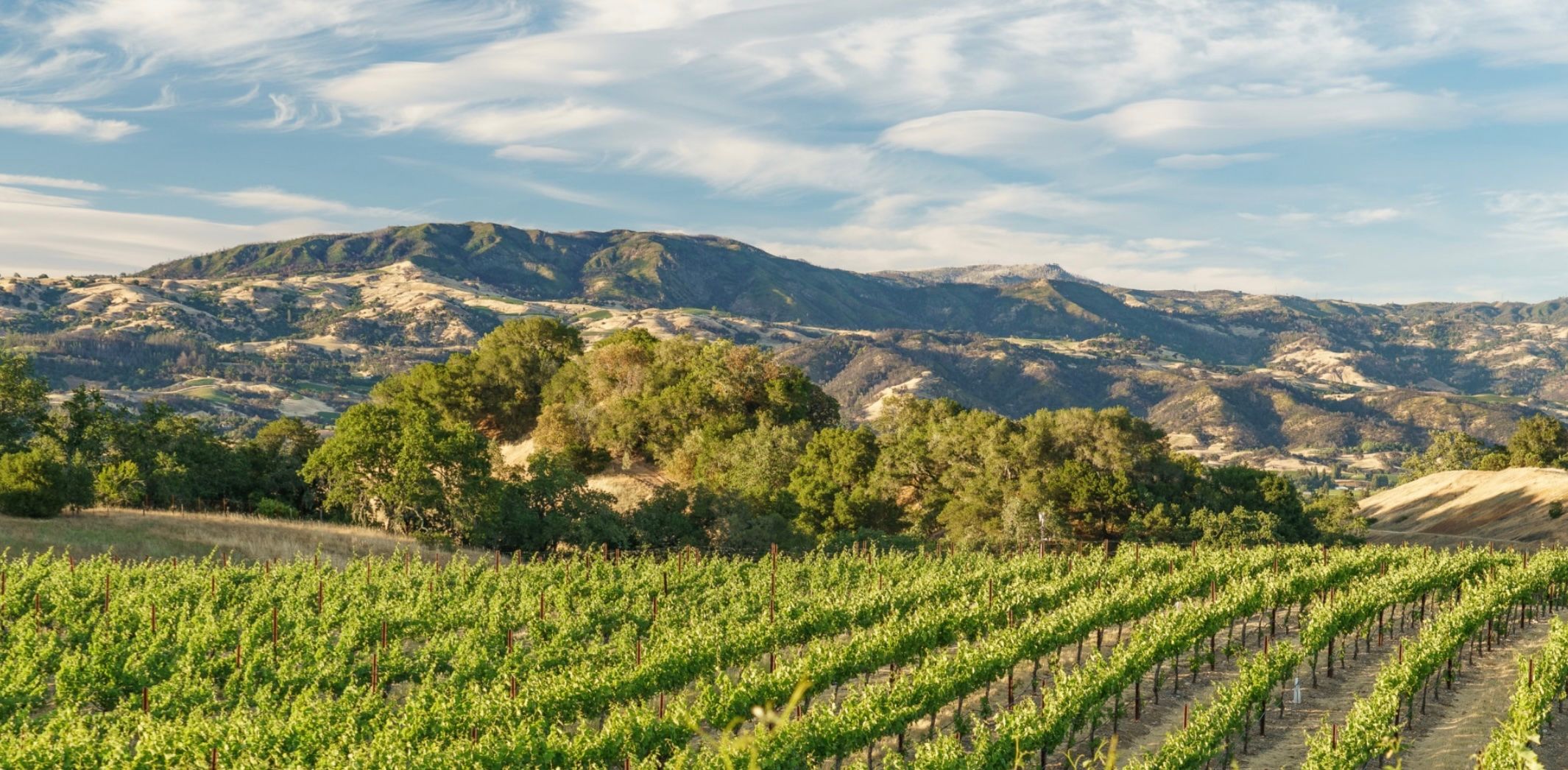Led by Mark Davidson, Wine Australia’s Global Education Manager, the trip that Julia won will include visits to Barossa, Adelaide Hills, McLaren Vale, Yarra Valley, Mornington Peninsula, Geelong and Macedon Ranges.
Since its introduction in 2012, Tasting Blind Club has gone from strength to strength. The event now attracts around 70 trade professionals every month.
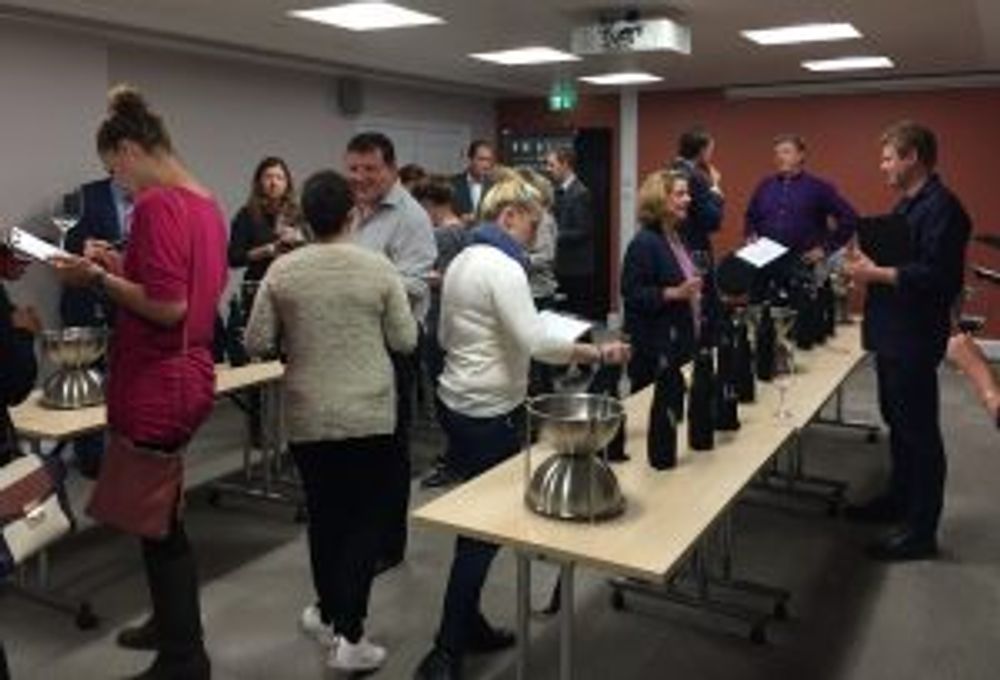
Tasting Blind Club is held at Australia Centre in London. Up to 20 Australian wines are divided into flights, themed by region or variety, and served blind. At the end of each tasting, participants can answer a list of questions, with the season’s most successful taster winning a trip to Australia.
Past winners include Adam Wander of WanderCurtis Wines (2015–16), Gareth Ferreira at 67 Pall Mall (2014–15) and Matthieu Longuere MS at Le Cordon Bleu (2013–14).
So Julia, did you do anything special to prepare for the competition?
I did do a bit of brushing up on Australian regions and trends, just to have an idea of the some of the options that might be available.
Who were you up against?
Around 70 trade professionals take part in Wine Australia’s Tasting Blind Club every month. It’s open to all members of the trade – attendees include sommeliers, on- and off-trade specialists, educators, wine writers and students studying for the WSET Diploma and Master of Wine. I met people from all walks of the wine trade, so as well as tasting, it was also a good networking opportunity.
What sort of level was it?
Tasting Blind Club is for anyone looking to broaden their wine knowledge, from educators, on- and off-trade specialists, wine writers through to Diploma and MW students. It’s ideal if you have broad tasting experience and have completed your WSET Level 3.
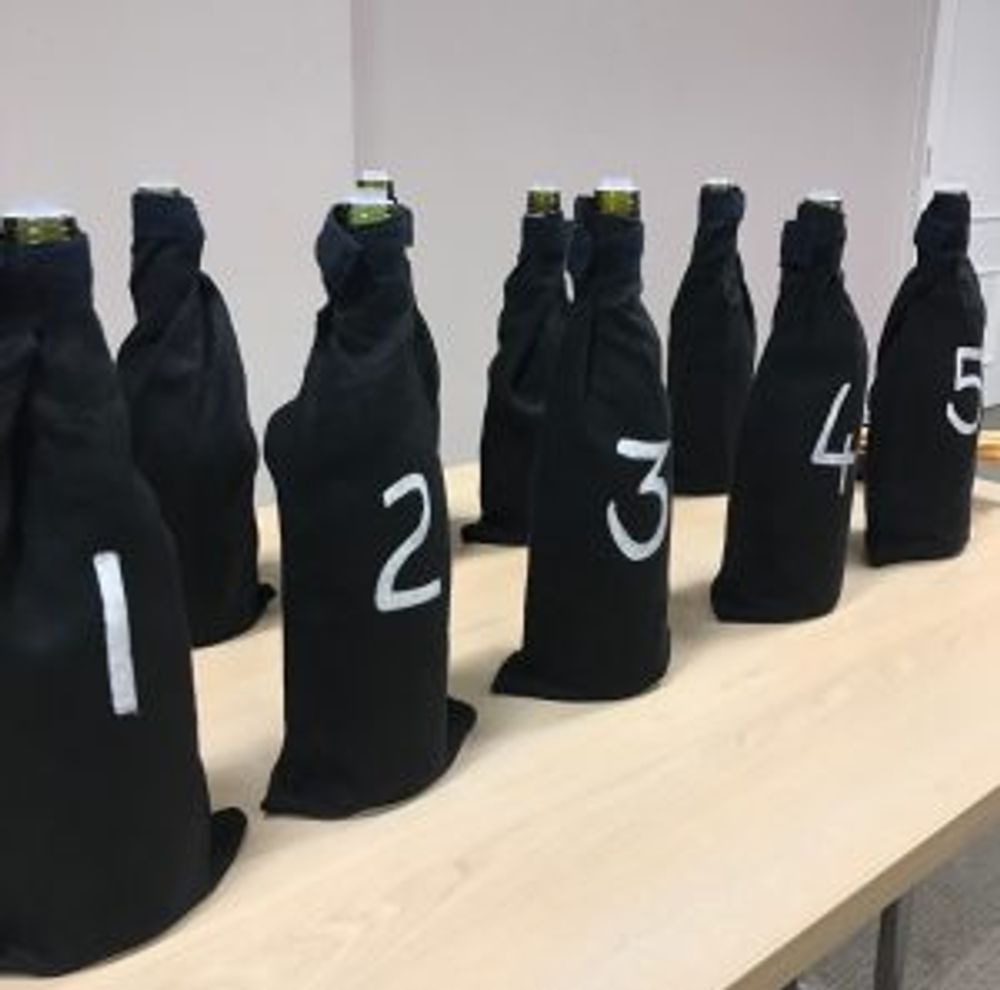
What is your process when you blind taste a wine? Where do you start?
I would say the starting point is trying to collect as much information as possible about the wine – from the appearance, nose and palate and write an accurate tasting note. From there it is using the key aspects of flavour and structure and matching it with my knowledge of wines and regions to narrow down possible options until there is one answer I’m happy with.
What is the most important facet of being able to blind taste?
Being accurate with your descriptions. And not jumping to conclusions too soon! I’ve made silly mistakes in the past where I have assumed I know what a wine is based on a particular aroma or taste and haven’t thought through other possibilities enough.
Any tips for someone trying to get better at it? / How do you get better at it?
Practice!! The more you taste the sharper your palate gets and the more reference points you have to compare each new wine to. The Tasting Blind Club was great for that, over the course of the year you really get to experience a variety of different things. I haven’t come across anything like it for the trade.
What is the key that unlocks the door?
Having an extensive mental catalogue of tastings notes to compare and add to.
What is the hardest aspect of blind tasting?
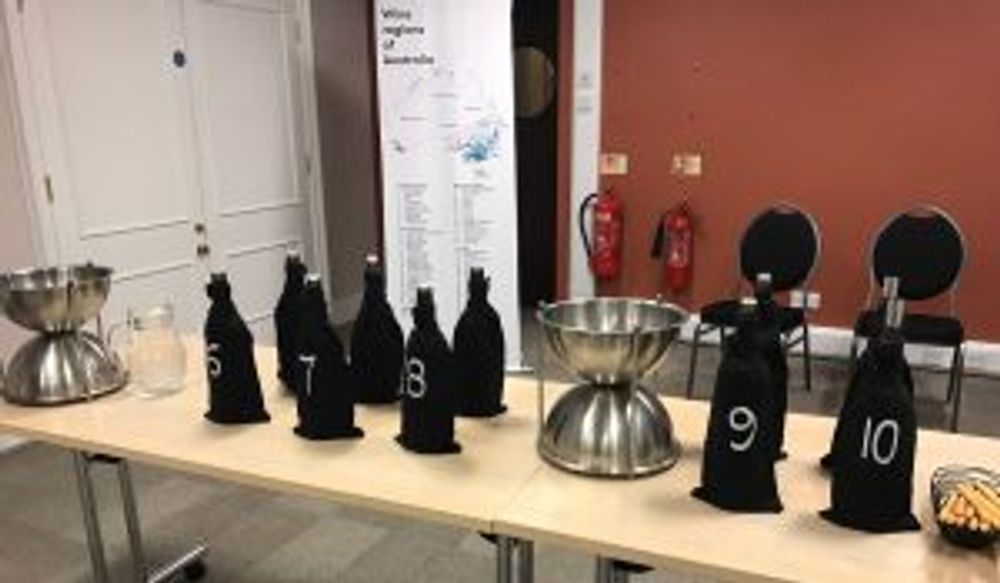
I find identifying blends much harder than varietal wines.
How do you tell the difference between a single varietal and a blend?
If there is a wine with characteristics that don’t seem to fit any varietal styles then I would consider what sort of blends make a wine with these characteristics. Having an understanding of likely blends for a region helps narrow it down!
As a wine educator is it really that useful? Or is it more just a fun pastime?
It’s both! I’ve always enjoyed the challenge of blind tastings and often enter competitions if I can. But as I also teach people how to taste, particularly at WSET Level 3 where blind tasting is part of the course, it definitely comes in handy!
How often do you get everything correct – varietal, country, vintage, producer, cuvée?
Not often! I’ve still got room for improvement.
Are there some wines that are notoriously difficult to blind taste correctly?
I’m not sure there are any wines in particular that are more difficult, just varieties or regions that I’m less familiar with.
What has been your greatest triumph?
Apart from winning Tasting Blind Club? I was also awarded a scholarship on my WSET Diploma and was taken to some excellent wineries in Spain.
What was your biggest gaffe?
I’ve made some silly mistakes even missing obvious varietals by second guessing myself.
Lastly, what do you hope to get out of the trip to Australia?
The trip will be a fantastic opportunity to gain a greater understanding of Australian wine to be there in person and see the vineyards, meet the winemakers and hear the stories. As I often feature Australian wines in tastings, the trip will give me a more up-to-date view of the Aussie wine scene to pass on to students, and I’ll definitely be looking for new wines to include in events and to develop more Aussie themed tastings.
